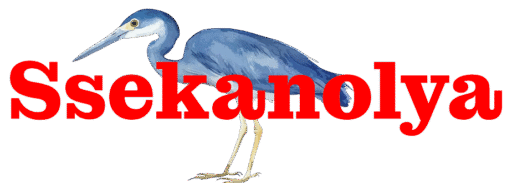Authorities in the Democratic Republic of Congo have officially banned all media coverage related to former President Joseph Kabila and his political party, the People’s Party for Reconstruction and Democracy (PPRD). The ban, which extends across print, broadcast, and digital media platforms, was announced by Christian Bosembe, head of the country’s media and communications regulatory body.
Bosembe justified the decision by referencing an existing government embargo on Kabila’s party activities, warning that any violations would result in the immediate suspension of the media outlets involved.
The move comes amid growing accusations from Congolese authorities that Kabila is backing the M23 rebel group, which is believed to receive support from Rwanda and currently controls parts of eastern Congo. Kabila made a public appearance last week in Goma, a city now under M23 control, and has publicly denied any links to the group.
Tensions escalated further in May when the upper house of Congo’s parliament voted to revoke Kabila’s immunity, opening the door to possible criminal prosecution. Justice Minister Constant Mutamba has stated that prosecutors are investigating Kabila on a range of serious allegations, including treason, war crimes, crimes against humanity, and involvement in an insurrectional movement in the country’s volatile eastern region.
Kabila, who served as Congo’s president from 2001 until 2019, has dismissed the allegations and claims he is committed to contributing to peace in the region. Nonetheless, the government’s crackdown on media reporting related to him signals a tightening political climate as the investigations proceed.

